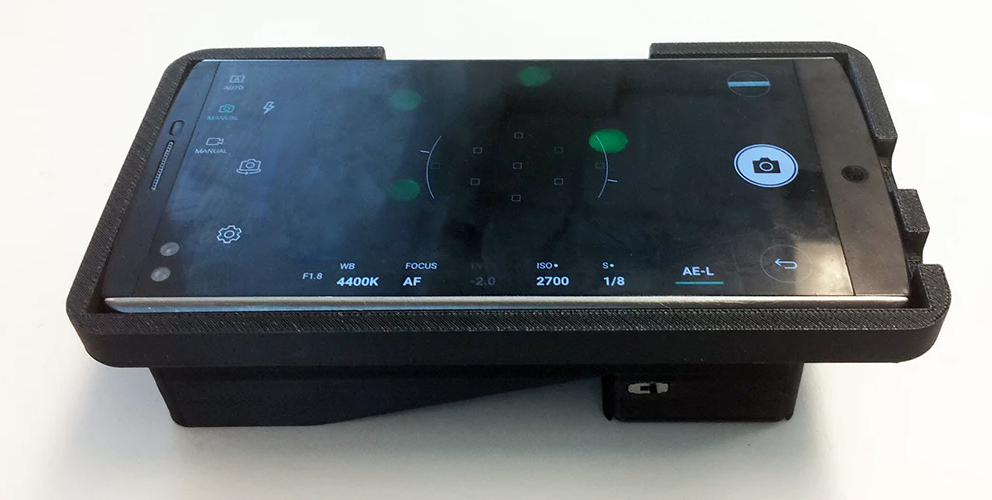Potentially fatal to both animals and humans, blue-green algae blooms occur when overly-abundant cyanobacteria in the water produce harmful substances known as cyanotoxins. The sooner those toxins are detected, the better – which is where a new smartphone-connected device comes into the picture.
Ordinarily, when officials are checking for the early signs of algae blooms in lakes or rivers, they take water samples that have to be sent off to a lab. By the time those samples have been analyzed, the bloom may have already reached the stage where the public should have been alerted.
Read more at New Atlas











